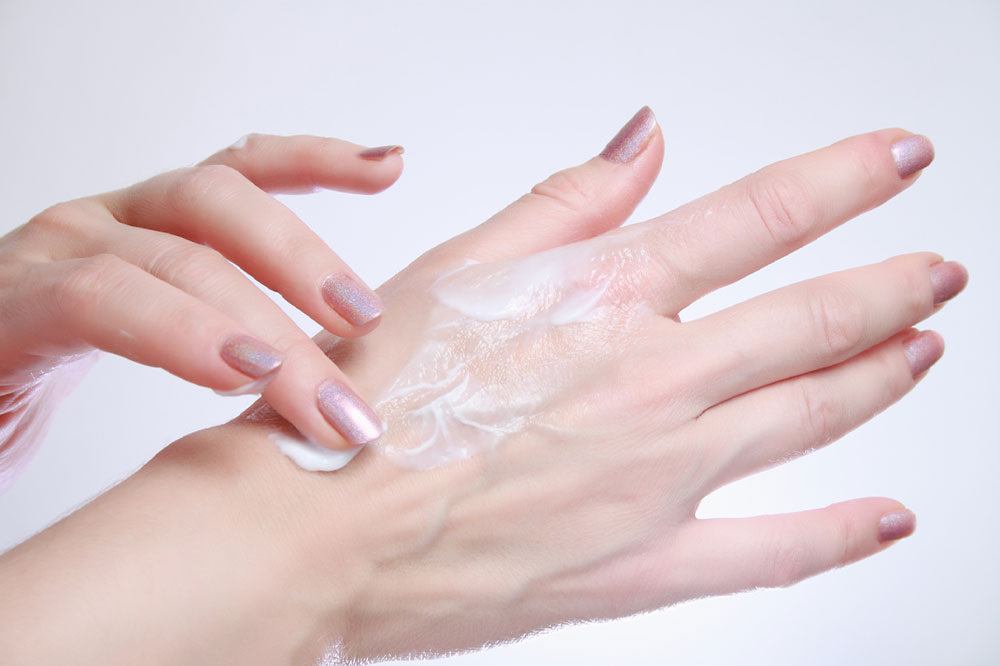Eczema – Causes, Signs, and More
Eczema refers to a number of skin inflammation disorders. When a person suffers from this condition, their skin barrier function is altered. Your skin barrier protects you against harmful germs and toxins. Skin barrier dysfunction causes your skin to become drier, more sensitive, and more prone to infection. Some common symptoms include scaly patches on the skin, sores, skin inflammation, and chronic rashes.

Causes
The exact causes of eczema are still not known. However, research has linked certain factors to it. The condition can be caused by a mix of factors like a person’s genes, immune system abnormalities, environmental activities that may make the skin more sensitive, and deficiencies in the skin barrier that let moisture and pathogens through.
Eczema can occur due to both hereditary and environmental causes. Exposure to air pollutants, harsh soaps, and some skin products can cause your skin to become dry and itchy. Weather conditions like extreme heat and high humidity can lead to excessive sweating, which can worsen itchiness. An overactive immune system can also be a risk factor for eczema. Moreover, a person may face an increased risk of eczema if they have a history of asthma, hay fever, or allergens. The condition is known to get better with time, but there have been cases where it lasts an extremely long period.
Symptoms and signs
Depending on a person’s age, eczema symptoms can change. Rashes associated with the illness frequently develop in the creases of the elbows, knees, or nape of the neck. A person can also have rashes all over their body. Rashes can be particularly noticeable on the face, neck, and area around the eyes. In adults, these rashes can be more scaly than those in children This can lead to dry skin patches and persistent itching.
A rash may result in a skin infection. Rubbing and scratching aggressively can aggravate the irritation and can increase inflammation of the skin. To diagnose eczema, the doctor will carefully examine a person’s skin. They will search for typical symptoms, including dryness and redness. The doctor will also ask questions about the type of symptoms experienced. Typically, a healthcare professional can identify eczema by looking at your skin. However, if there is any uncertainty, they could run the following tests:
A skin test for allergies
Blood tests to look for other non-dermatitis causes of the rash
A skin sample to differentiate between different types of dermatitis.
Atopic dermatitis – An extremely common type of eczema
Atopic dermatitis is a kind of eczema that is highly prevalent. Though it is commonly seen in infants and children, it can also affect adults. When children with atopic dermatitis become older, the condition may improve or go away completely, but in certain cases, the skin may remain dry and become easily irritated.
By the time the person reaches puberty, over half of the youngsters with atopic dermatitis will have either outgrown it or shown significant improvement. Others may continue to suffer from the illness in some way. With appropriate skin care and therapy, atopic dermatitis in adults can be managed in most cases. However, a person can experience a relapse in symptoms at any time.
Eczema relief and treatment
Creams, light therapy, and good skin care are the best methods for eczema relief. One needs to be cautious around certain aspects that can increase the risk of the condition. Avoid irritants like special soaps and lotions, as they could be harsh on the skin. One should also stay away from things they are sensitive to, like pollen and pet dander. Excess stress can aggravate skin inflammation. It can result in a flareup of fever blisters or cause rashes. This is why it is important to identify and handle stress in your life. Regular exercise and stress-reduction methods like yoga or meditation may be helpful in getting relief from eczema.
One can also take the following steps to prevent flare ups:
Develop a skin care routine
To maintain healthy skin and to get relief from eczema, develop a skin care program. Your routine will differ as per your triggers. But using moisturizers is highly recommended. They help protect the outermost layer of the skin. One can use moisturizers specifically designed to manage eczema. A skin care routine can also include hydration. Drink at least eight glasses of water daily. Your skin stays moist with the help of water.
Choose your clothes wisely
Materials like polyester and nylon can result in overheating and irritation. People with eczema should choose materials like 100 percent cotton, bamboo, and silk, as these are soft and breathable. Wear gloves if your profession requires you to work with your hands. To absorb sweat, add a layer of cotton inside plastic gloves. One should also wear gloves outside, especially during winters.
Use items that won’t hurt your skin
When showering or bathing, use a light soap, and pat your skin dry. Immediately after drying your skin, use a moisturizing cream or ointment to help lock in the moisture. Apply a cream or ointment for eczema relief again every two to three hours. Taking lukewarm rather than hot baths or showers can also help in alleviating the symptoms.











